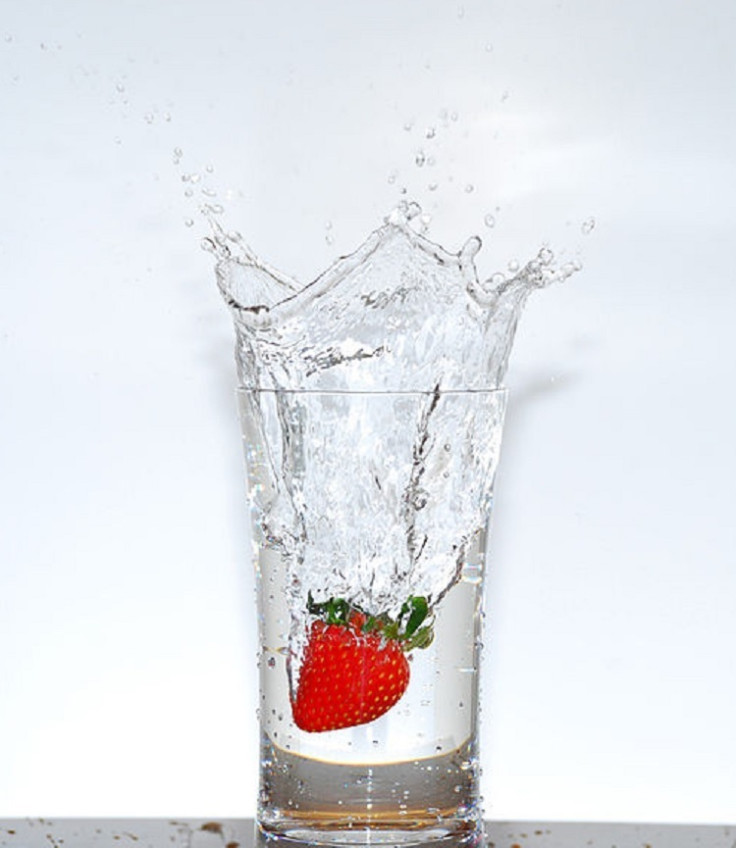Dehydrated drivers make as many mistakes as those who have been drinking

Researchers at Loughborough University have found that drivers who do not top up their water levels while driving double the number of mistakes they make while behind the wheel compared with drivers who keep hydrated.
Using a driving simulator, male drivers made 101 driving mistakes when given only 25ml of liquid every hour – twice as many incidents compared with when they drunk 200ml of fluid, which saw only 47 mistakes. Driving errors account for 68% of all vehicle crashes in the UK.
The two hour simulated driving test on a dual carriageway included navigating bends, a hard shoulder and slow moving vehicles which had to be overtaken. The research was published in the medical journal Physiology And Behaviour.
Professor Ron Maughan, Emeritus professor of sport and exercise nutrition at Loughborough University, who is also chairman of the European Hydration Institute Science Advisory Board, said: "We all deplore drink driving, but we don't usually think about the effects of other things that affect our driving skills, and one of those is not drinking and dehydration.
"There is no question that driving while under the influence of drink or drugs increases the risk of accidents, but our findings highlight an unrecognised danger and suggest that drivers should be encouraged to make sure they are properly hydrated.
"To put our results into perspective, the levels of driver errors we found are of a similar magnitude to those found in people with a blood alcohol content of 0.08%, the current UK legal driving limit. In other words drivers who are not properly hydrated make the same number of errors as people who are over the drink drive limit."
Now the European Hydration Institute, which sponsored the research, said it is warning drivers to remain hydrated before setting off on journeys especially during the warmer summer months.
The level of dehydration found in the study was mild and could easily reflect individuals with limited access to fluid over a busy working day.
Jane Holdsworth, director of the European Hydration Institute (EHI), said "Anecdotal evidence suggests that many drivers avoid drinking on long journeys to minimise bathroom stops, yet we know that even mild hydration can cause symptoms such as headache, tiredness and lethargy.
"Driver error is by far the largest cause of road traffic accidents and the EHI wanted to test whether mild hydration had an impact on the incidence of common driver errors."
© Copyright IBTimes 2025. All rights reserved.






















